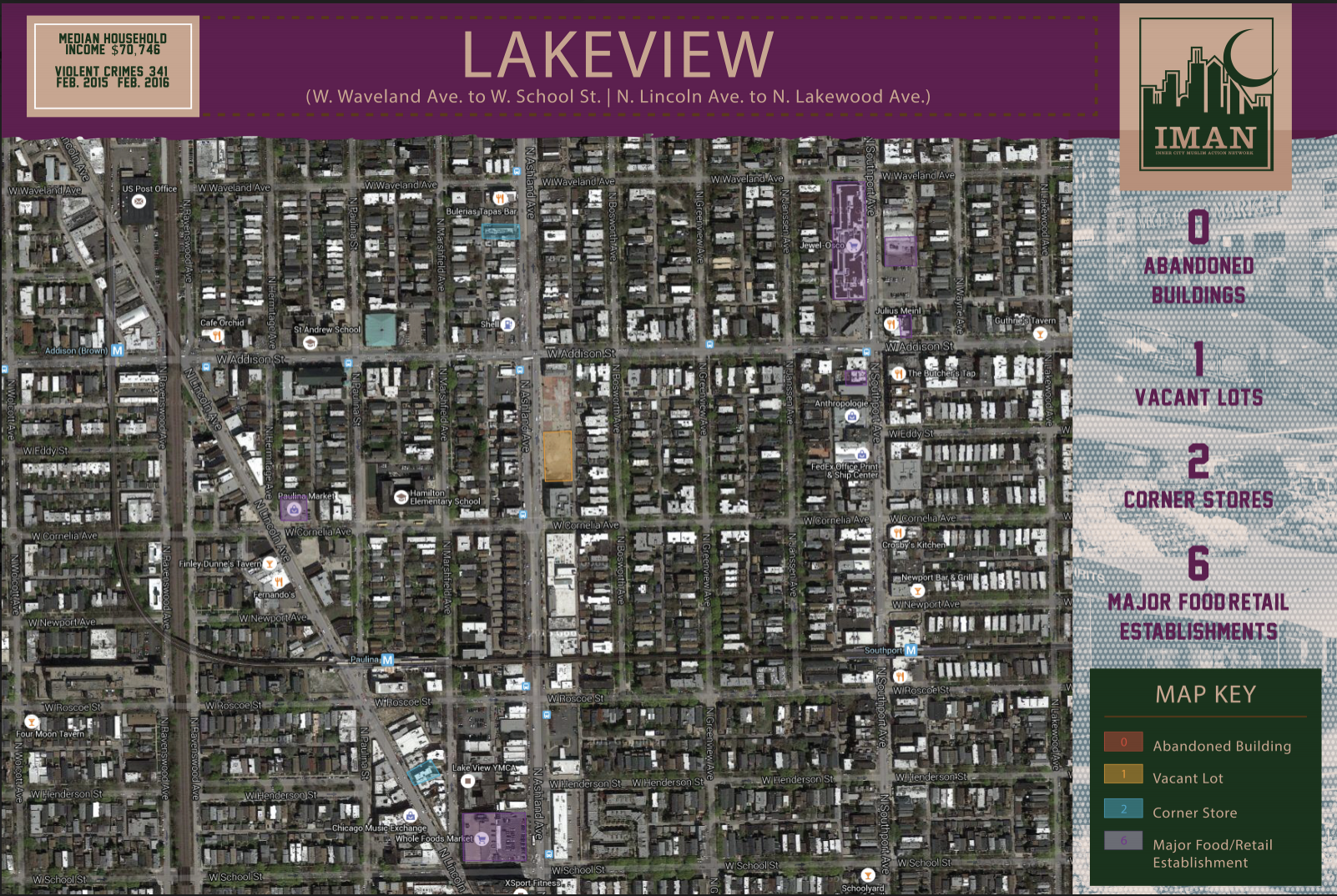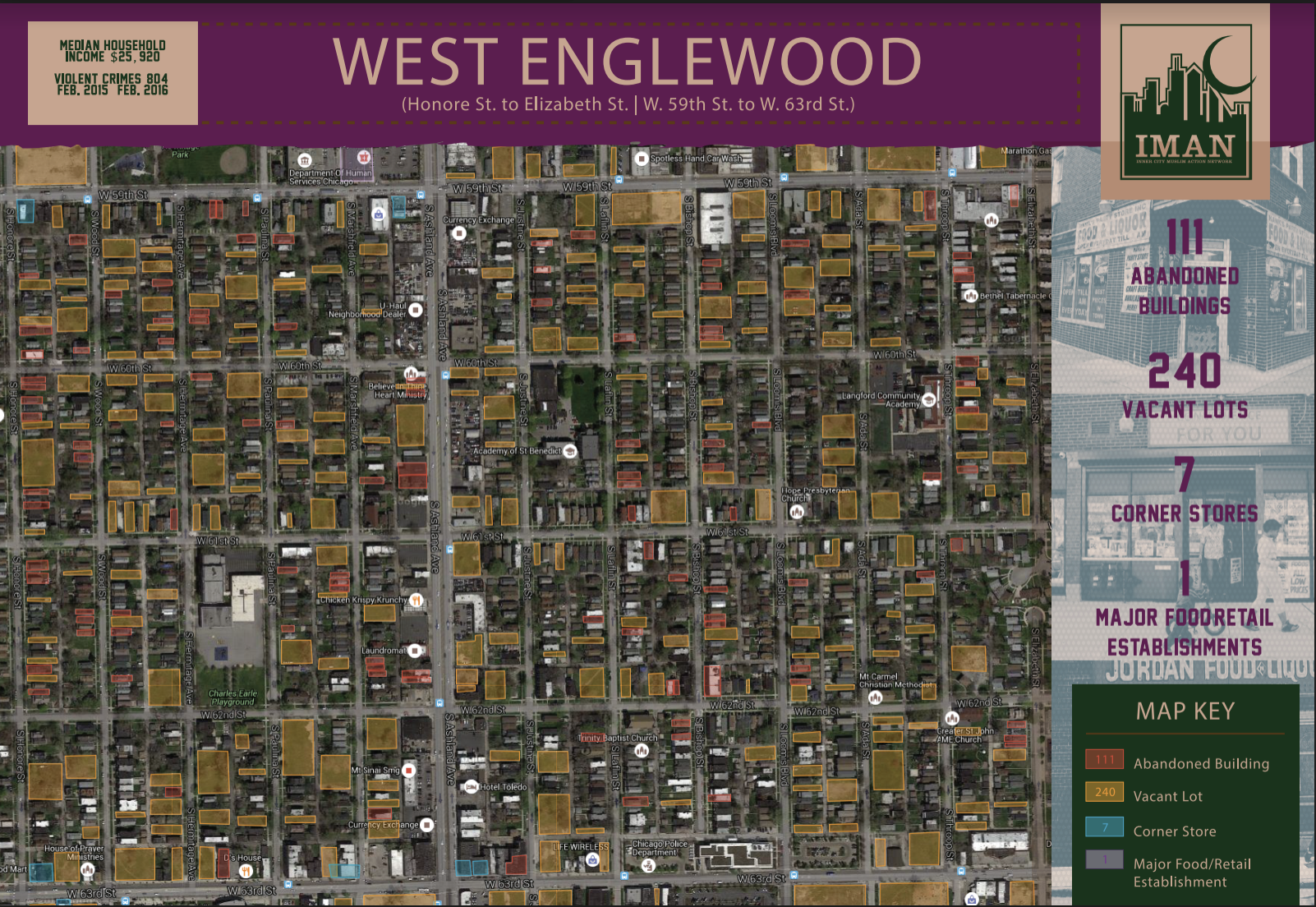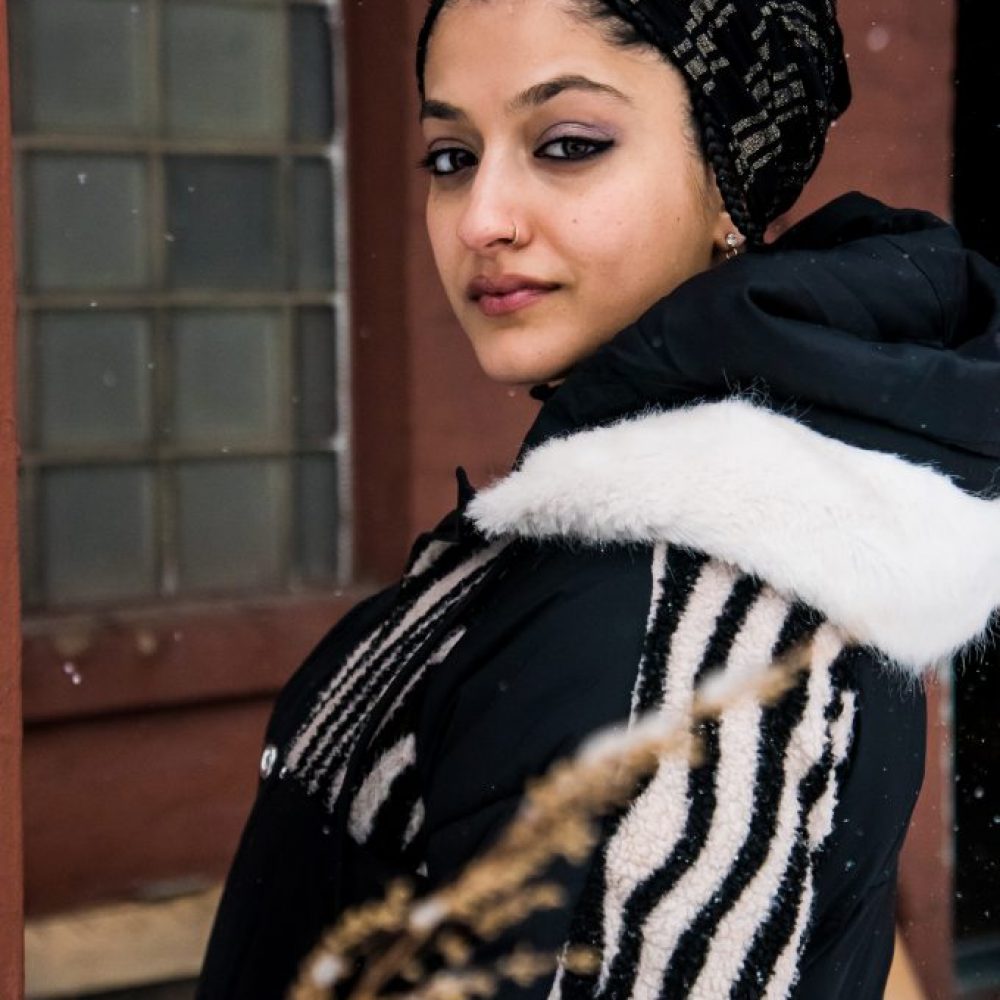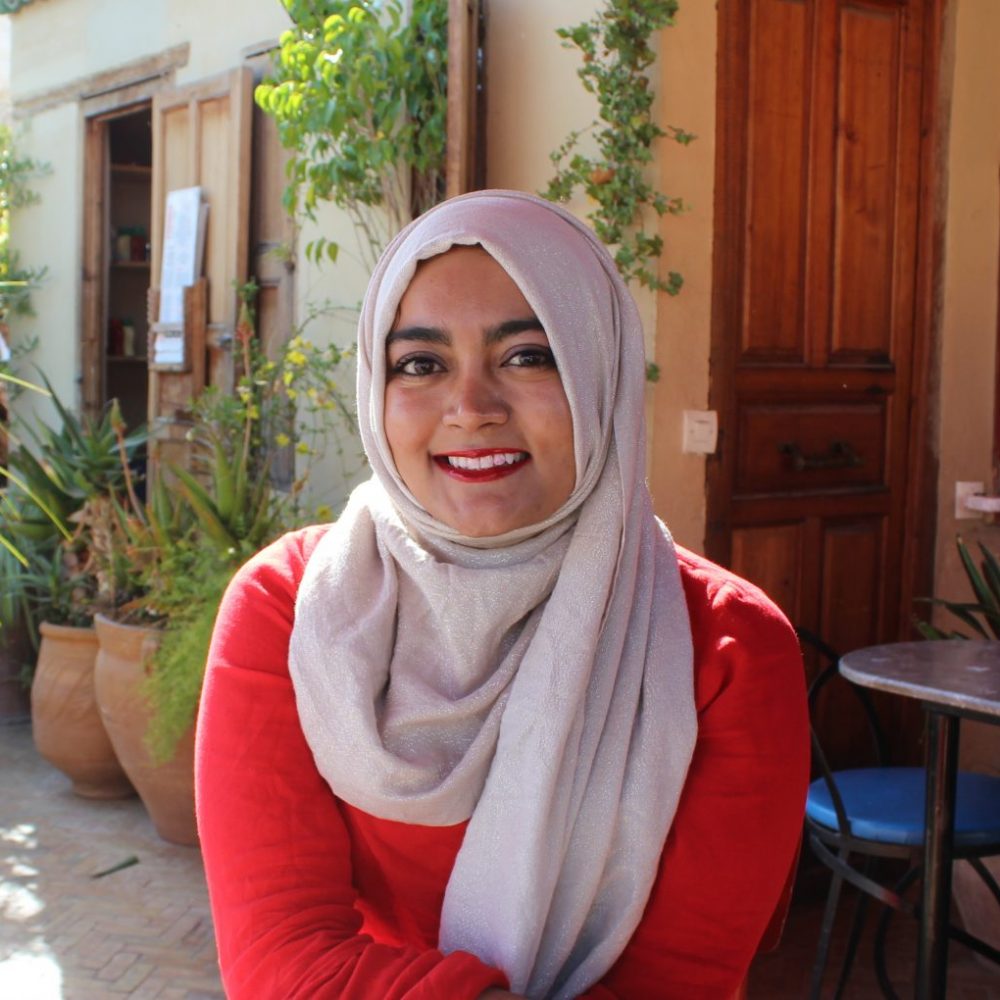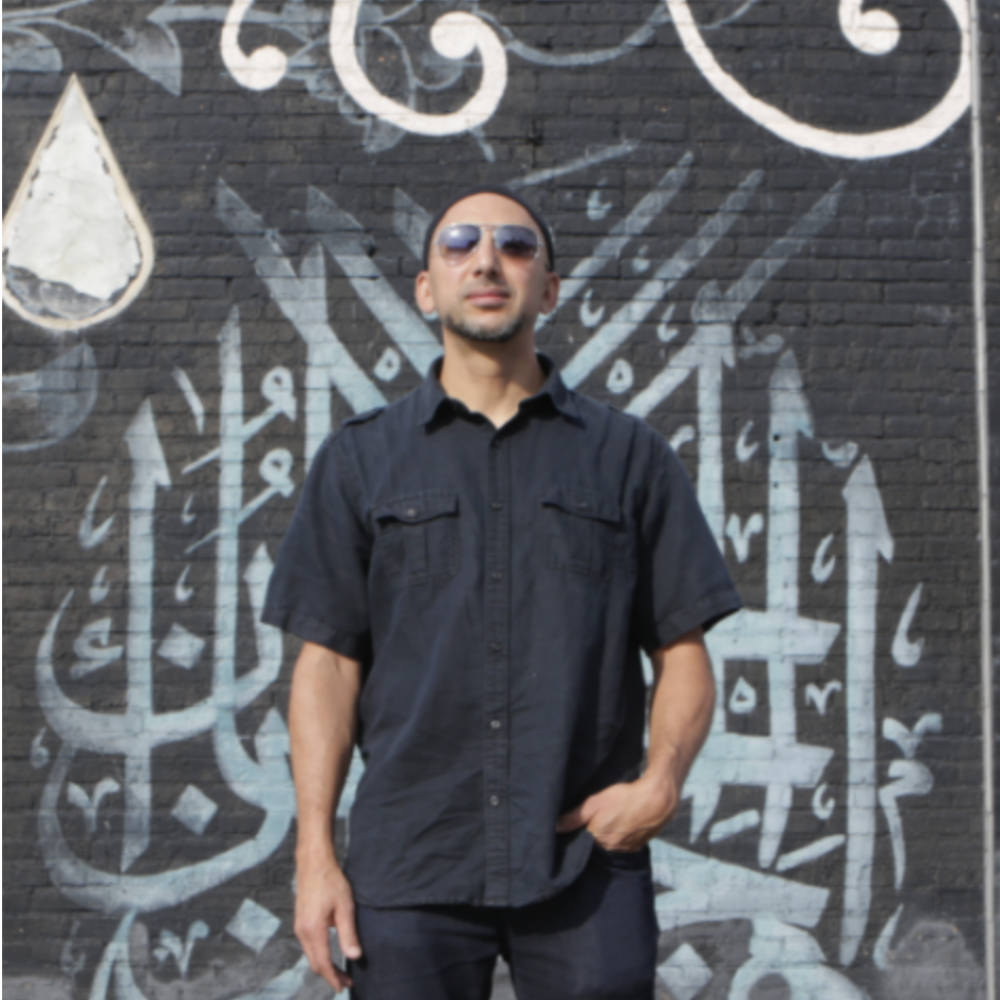Corner Store Campaign
The Corner Store Campaign addresses the long history of injurious business practices, ingrained racial tensions, and unhealthy food options that typifies many inner-city corner stores.
Since launch, the campaign has focused on four critical goals.
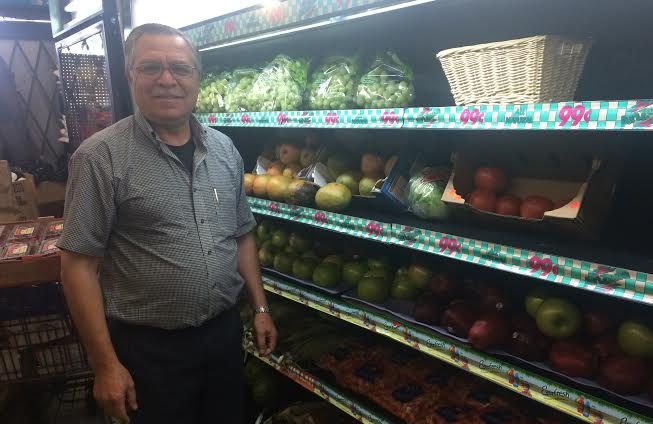
Developing alternative business models for corner stores on Chicago’s South Side.
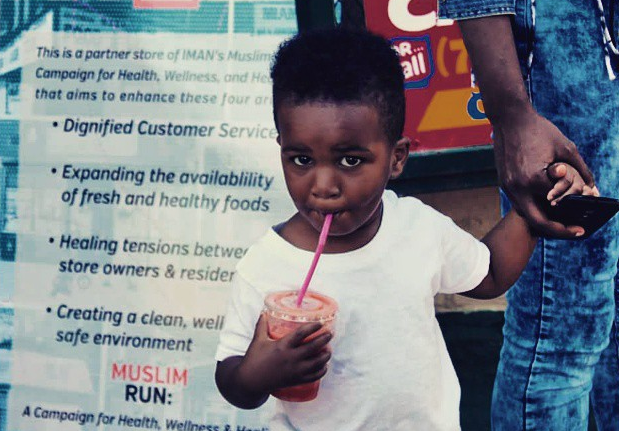
Using public policy to promote lasting change toward food justice.
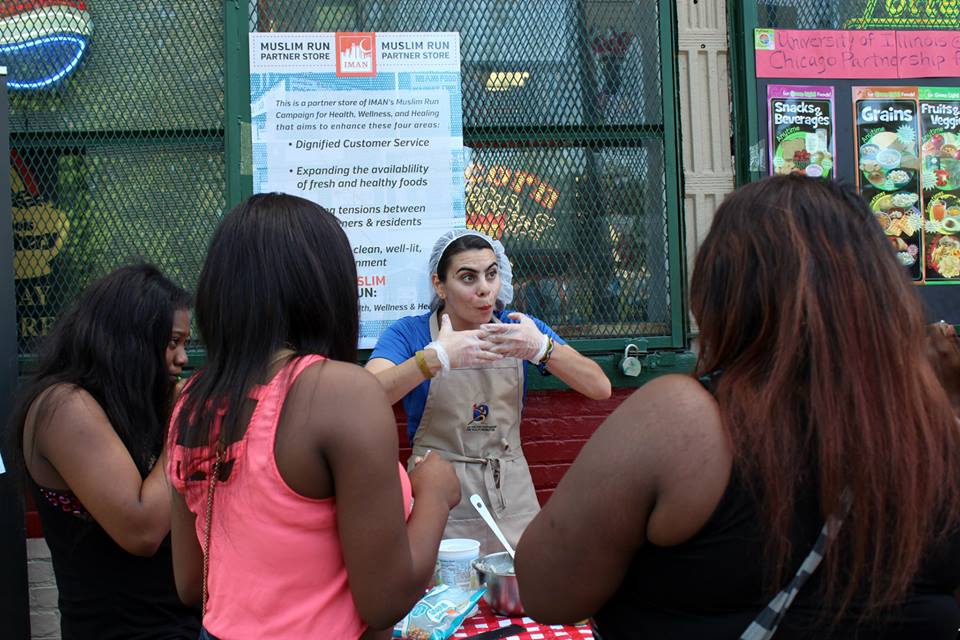
Launching an education campaign that stresses the benefits of healthier lifestyles.
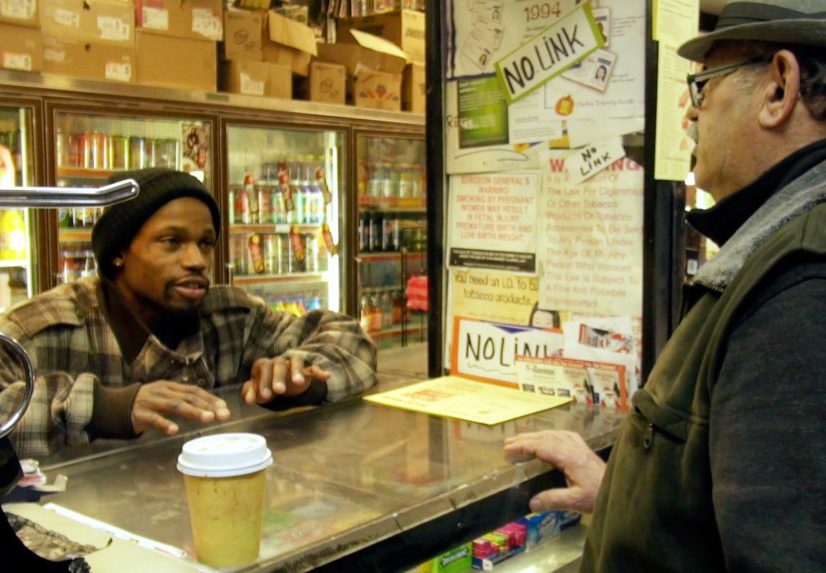
Healing racial tensions between Muslim and/or Arab store owners and their mostly Black patrons.
Alternative Business Models
Thriving small businesses are an alternative to the current trend of ‘big box’ and ‘discount stores’ returning to the very communities they previously abandoned. Small, locally-owned businesses can provide viable, sustainable solutions to the food access crisis ravaging low-income communities. They also have potential as economic engines for community development.
Lasting Policy Change
Small businesses owners face increasing challenges from incoming discount and ’big box’ stores. We seek innovative policy solutions to help small businesses compete in this changing landscape, including but not limited to: city ordinances, grants and micro-loans for local corner stores to stock fresh foods.
Education Campaign
We understand that changing store owner practices is futile without altering residents’ desires. Accordingly, the Corner Store Campaign’s curriculum will reintroduce ideas of healthy eating and living through principles, programs and media.
Racial Healing
’Food and liquor’ stores are commonly found in majority-Black, low-income neighborhoods. These stores are often owned by Arab immigrants, many of them Muslim. Very real racial tensions exist between store owners and residents. As a Muslim organization located in a low-income neighborhood, IMAN understands the marginalization experienced on both sides. We believe that the work toward a solution to the food access crisis includes healing the relationships between Arab store owners and Black residents.
Make the Commitment
Commit to the Corner Store Witness Initiative to address the challenges of immigrant owned businesses in predominantly black inner-city neighborhoods and to provide a path towards lasting healing and building real community power to change our conditions.
Can I Get A Witness?
Organizers and leaders from IMAN’s Corner Store Campaign share background, testimonies, challenges, and strategies from the last two decades of this campaign as well as how we are responding to the current moment.
Tell the Tale of Two Cities
